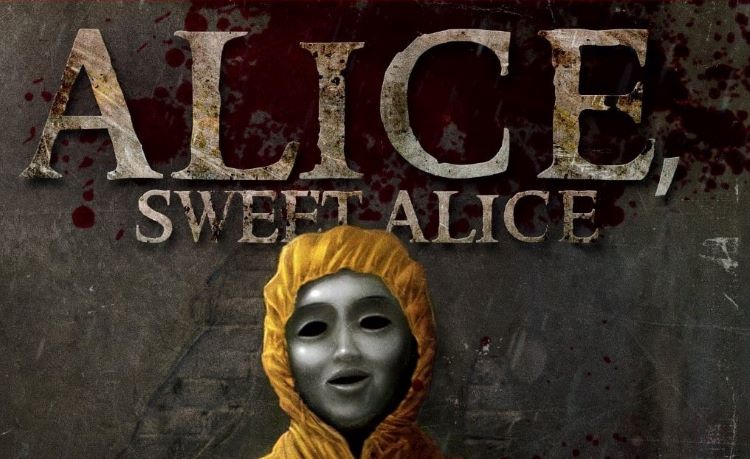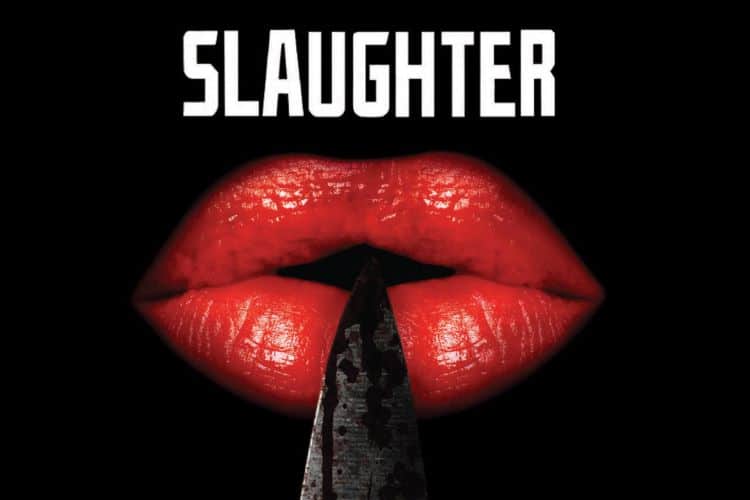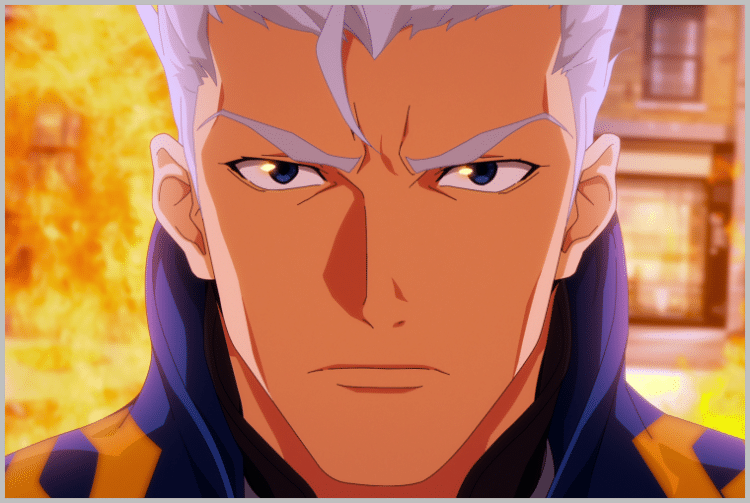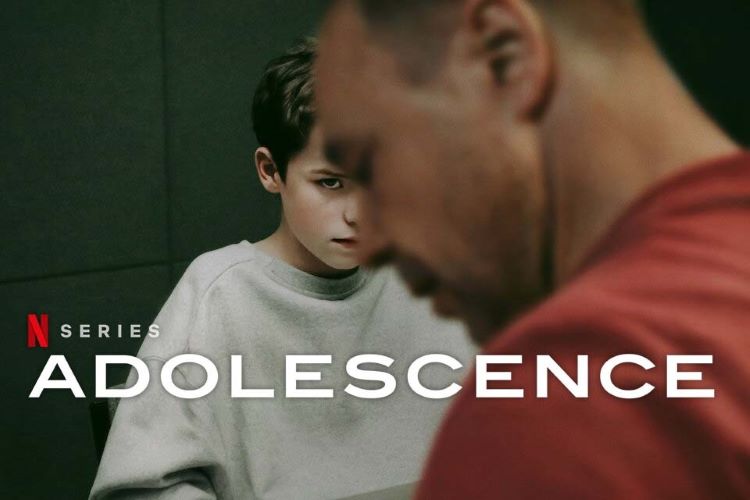We’re Not in Wonderland Anymore
Main Cast: Paula Sheppard, Brooke Shields
Director: Alfred Sole
They certainly don’t make them like this anymore. And that’s probably for the best because I’m not exactly cut out for these deep introspective movies full of symbolism and subtext. Give me a nice “…IN SPACE” sequel I can mock and you’ll get a better review from me.
But movies like this, and by this I mean good movies that have something to say (in this case, ex-Catholic writer/director Alfred Sole has something to say about Catholic fervor) and that don’t mind taking their time to explore the story and almost seem to revel in its width and breadth, well these kind of movies sometimes just leave me awed.
ALICE, SWEET ALICE is set in 1960s New Jersey and tells the story of the breakdown of the Spages family. Patriarch Dom has moved away and remarried, leaving mother Catherine (Linda Miller) to care for daughters Alice (Paula Sheppard) and Karen (Brooke Shields in her first movie role). Alice is 12 and finds herself lost as her mother—the only parent she’s got left—begins paying more and more attention to younger sister Karen, neglecting the blossoming pre-teen. As Karen’s first communion nears, she’s given a crucifix by Father Tom (Rudolph Willrich), beloved priest of their local parish. What does Alice get? Told off for donning a mask and raincoat and scaring Father Tom’s housekeeper, Mrs. Tredoni (Mildred Clinton).
But sometimes, when negative attention is the only attention a kid gets, they start to act out. And sometimes your downstairs landlord is a lecherous creep and the only male figure willing to give you the time of day, so you take pleasure in teasing him, then running off, hurling insults at him.
Alice’s fits continue as she constantly antagonizes her sister, and then threatens her if she tells their mother what Alice has done. But all of this comes to a head when, just before the communion ceremony, Karen is strangled by a figure wearing a yellow raincoat and mask identical to the one Alice wore when she scared Mrs. Tredoni, and her body placed in bench, then lit on fire.
Alice comes out with Karen’s veil, seeking communion. Just before she receives the communal wafer, the smoke is detected and Karen’s body is found.
Alfred Sole is leading us, in this day after the glory of THE EXORCIST, giving us a devil of a little girl, raised in the Church, and showing us “This is what good your organized religion has done.”
There’s no proof, though, only speculation, and after being questioned, Alice is sent home. And things only get worse from there. Her father, Dominick, has returned from parts unknown and his new life to investigate the death of his daughter, but THIS is what brings him around again, the death of the little angel? What about his other daughter? Does SHE not warrant a visit? A phone call? And a friggin’ birthday card? These last two may actually be common occurrences, we’re never told, but it’s very obvious when Dom shows up after Karen’s death that Alice is doubly hurt by this: SHE wasn’t enough for him to come around for, but the baby’s gone, so NOW he shows up. For HER.
Thanks, Dad.
Bitter, Alice takes out her anger on the landlord, then running away again, all so she can be conveniently out of the way when Aunt Annie is coming down the stairs and is attacked by someone wearing a yellow raincoat and translucent mask.
Alice is the immediate suspect and she’s sent away for psychiatric evaluation. Meanwhile, the investigation into Karen’s murder continues, while Alice is shunted off away from the people who are supposed to love and protect her. They want to give justice to young Karen, but Alice is proving to be too much trouble, so she’s exiled.
To give further details would only spoil the movie for you, so I won’t.
They say that a writer’s first novel is often messy and bloated as this is the first, and potentially, only novel they may write, so they want to put in everything they think they have to say about the subject. I get the feeling a similar approach was taken on ALICE, SWEET ALICE by Sole, only he wasn’t putting everything into the story, he was putting everything into the direction. He’s not backing down from the brutality, or the degradation, he’s not censoring himself when outsiders notice how Alice is developing (the 12-year-old was played by then-19-year-old Paula Sheppard, so it wasn’t THAT gross), and really laying it on thick when it comes to the anti-Catholic stance he had adopted.
The church looms HUGE in this movie, and while it is portrayed as the light in the dark of these characters’ lives, it’s also shown as crowded, overbearing, and claustrophobic. The grandeur of the church is something none of the characters can live up to, so they’re constantly feeling “less than”, struggling to be good enough. And for 12-year-old Alice, forgotten by her parents, then neglected by the church, the other “authority” figure in her life, it’s no wonder she acts out like she does. She even mentions it specifically when Karen’s body is being discovered, that Father Tom didn’t give HER communion. Never mind it was because her sister had just been murdered.
She just wants, for ONCE, someone to pay attention to HER instead.
God, the themes in this movie. Again, too varied and well-done for my limited scope, I was kind of hoping it would be a terrible movie so I could mock it real quick, then get to the day’s other writings. But I was surprised at how gritty and shameful this movie felt from a first-time writer and director, and how well it all came across on the screen.
I loved the asides we saw, the minor conversations that had nothing to do with the overall plot, but that added flavor to the world the movie creates. I loved the seed of the killer being planted early, and then that unmasking (was it Alice? I’m not telling) and the revelations that followed, including a very well-crafted backstory and motivation.
The acting wasn’t the BEST I’ve ever seen, and some of the dialogue was lacking, but Role wasn’t necessarily casting movie actors. Hell, the landlord was working as a bouncer when Role hired him, and many of his performers came from the stage, not film.
The movie was about an hour and forty-two minutes, and in my opinion not a minute was wasted. It might not ALL have been in service of moving the plot along, but it all worked in flavoring this already full story.
As horror movies go, I think ALICE, SWEET ALICE is more thriller, even though it technically is a slasher movie. Maybe a mystery. Not full-on horror, that’s for sure. Personally, and I LOVE horror, as we all know very well, I think this movie’s too … good? to be horror. Not to disregard all the awesome horror out there, but I think Role was definitely making a bigger movie than just one horror flick can encompass. It’s horror, sure, but it’s more than that.
You might find ALICE, SWEET ALICE streaming on Roku or Tubi.

C. Dennis Moore is the author of over 60 published short stories and novellas in the speculative fiction genre. Most recent appearances are in the Dark Highlands 2, What Fears Become, Dead Bait 3 and Dark Highways anthologies. His novels are Revelations, and the Angel Hill stories, The Man in the Window, The Third Floor, and The Flip.







Leave a Reply